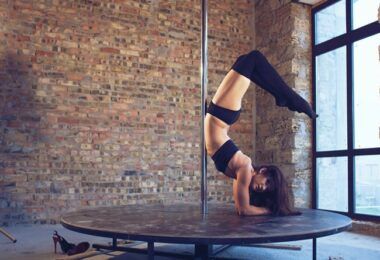Why Flooring Shapes Southwestern Home Style Floors are the backbone of any Southwest-inspired home...
Fresh Topics
Converting ounces to other units
What is an Ounce? The ounce is a versatile unit of measurement used primarily in the United States...
Popular
Tendonitis: Causes, Symptoms, and Treatment
Welcome to our comprehensive guide on tendonitis. In this article, we will explore what tendonitis is, its causes, common symptoms, and various treatment options available to help you manage this condition effectively.










































